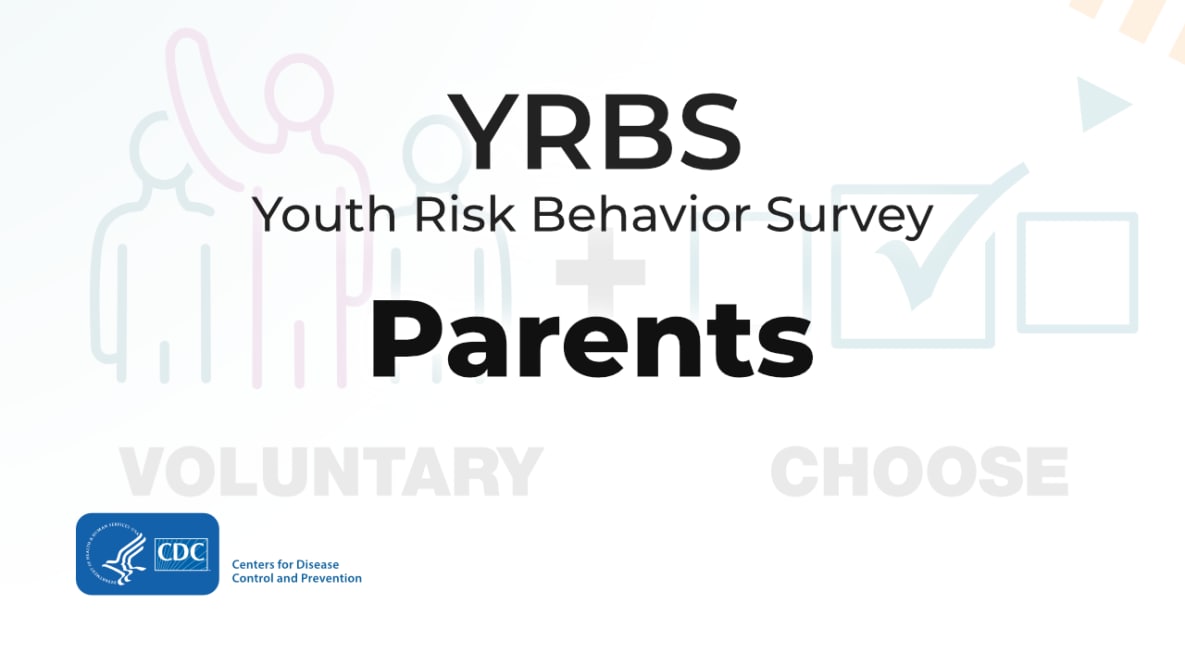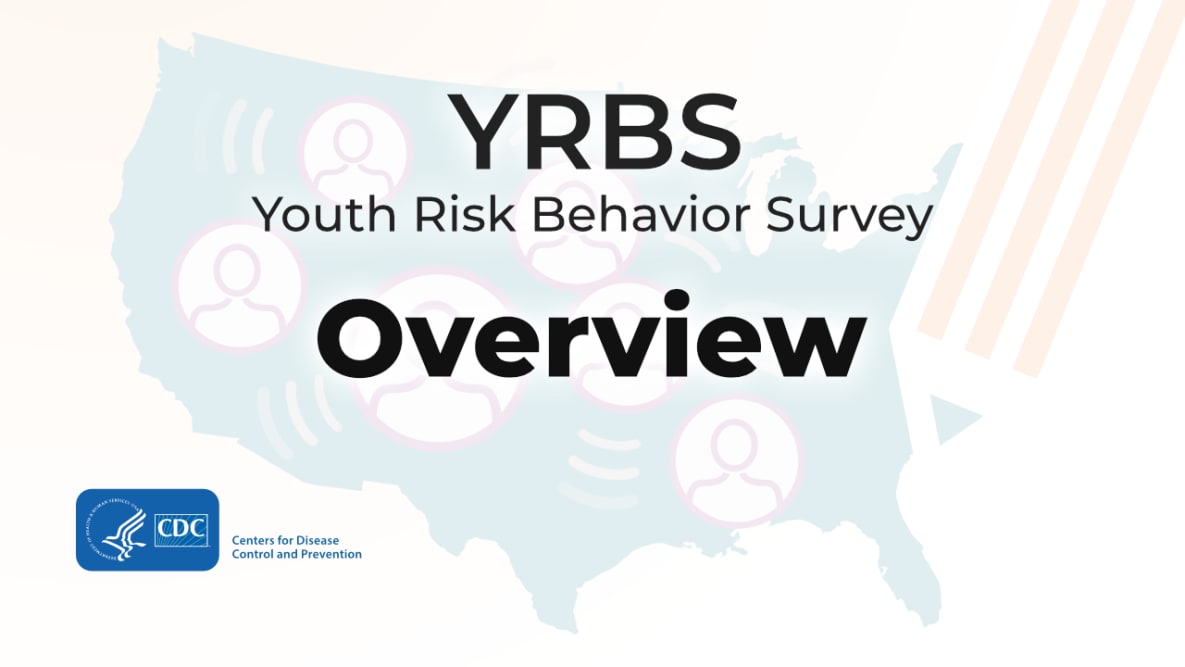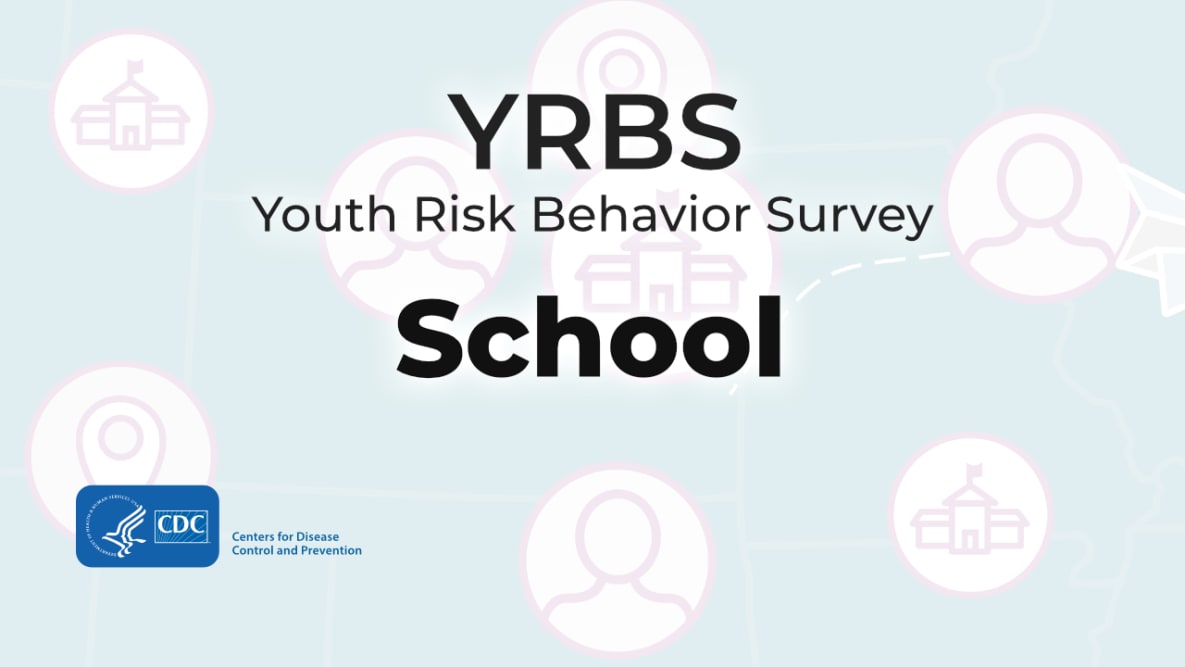Videos
Multimedia
Why Is the YRBS Important?
Susan Court, former YRBS state coordinator and health enhancement specialist at the Montana Office of Public Instruction, explains the importance of CDC’s Youth Risk Behavior Survey (YRBS) and how it sheds light on the health issues students are facing. She explains how YRBS data can be used to improve adolescent health and well-being.
YRBS Questions on Sexual Health Behaviors
The Youth Risk Behavior Survey (YRBS) is used to learn about youth sexual health behaviors and experiences.
Uses of YRBS Data
Youth Risk Behavior Survey (YRBS) data can be used by health professionals in their day-to-day work to improve the health issues students are facing.
Capturing YRBS Data from Students with Disabilities in Montana
Youth Risk Behavior Survey (YRBS) questions can collect health behavior data from student subgroups in states such as students with disabilities in Montana.
Presenting the Facts Increases YRBS Participation
Sharing facts about the many uses and benefits of collecting and using Youth Risk Behavior Survey (YRBS) data can increase school support and participation.
What Is the YRBS?
The Youth Risk Behavior Survey (YRBS) has monitored the health behaviors and experiences of U.S. students for over 30 years. The findings have helped health professionals and school officials support adolescent health and wellbeing.
Help Students Make Healthier Choices
The Youth Risk Behavior Survey (YRBS) is used to learn what adolescents face.
Ways to Track Student Health Behaviors
The Youth Risk Behavior Survey (YRBS) can steer youth toward the right path.
Student Health Behaviors and Experiences Matter
The Youth Risk Behavior Survey (YRBS) can be used to help protect adolescents.


